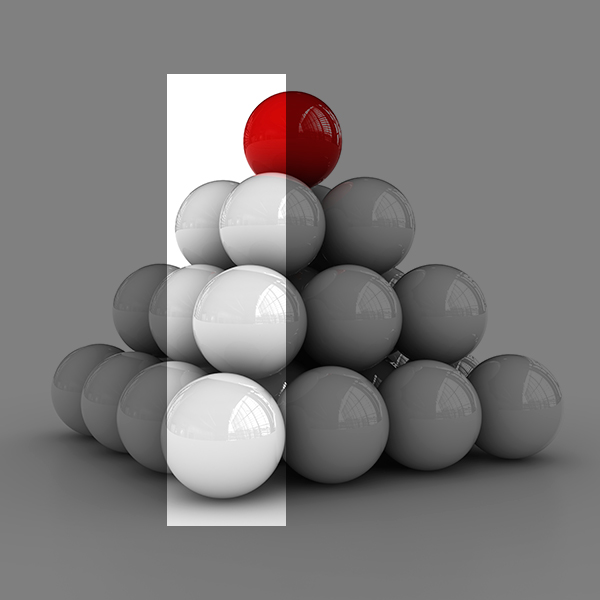
Author: Francisco Lupiáñez Villanueva
Programme: Doctoral Programme on the Information and Knowledge Society
Language: Spanish
Supervisor: Dr Manuel Castells
Faculty / Institute: Internet Interdisciplinary Institute (IN3)
Subjects: Social Sciences
Key words: Internet, Health, Society, Doctors, Nurses, Patients, Pharmacist, Web, Information and communications technologies, Online surveys
+ Link to project
Summary
All the actors in healthcare systems are facing the rise of the network society; a society whose social structure is made up of networks powered by microelectronic-based information and communication technologies, and a new technological paradigm: informationalism, based on the augmentation of the human capacity for information processing and communication made possible by the revolution in microelectronics, software, and genetic engineering.
In this general context, e-health has emerged as a broad field which involves the relationship between the current social structure and the new technological paradigm within the healthcare systems. Furthermore, the Internet has become one of the drivers of e-health and could be considered as one of the main resources for health information; as a medium for interaction; as a tool for healthcare delivery and public health. Those conceptions reveal a tremendous potential for improving the quality and efficiency of the healthcare system; redefining health, medicine, and the body; transforming the relationship among healthcare agents, and suggest a new medical cosmology called e-scaped medicine.
Taking into account these changes, the aims of the research were:
- Identify and characterize the presence of the actors of the Catalonian healthcare system in the Internet.
- Identify, characterize and explain the determinants of the use and social practices that the principal actors of the healthcare system carry out through ICT, specifically that of the Internet
To reach these objectives, the following research questions were considered:
- What type of quality information and applications relating to health are offered on the Internet?
- How can the presence of the healthcare system's actors on the Internet be characterized?
- Which are the main barriers and incentives of patient support groups for Internet use?
- What are the ICT uses of the citizens with regard to health and how can they be characterized?
- What are the consequences of citizen ICT use, specifically that of the Internet, regarding the management of their health and the relationship with their healthcare professionals?
- What are the determinants (technological and non-technological) of the demand of healthcare services by citizens via the Internet?
- What are the uses of ICT, especially the Internet, by healthcare professionals and how can they be characterized?
- What are the determinants (technological and non-technological) of the uses of the Internet by health care professionals (physicians, nurses, and pharmacists)?
Empirical data to answer these questions is based on telephone surveys involving the public, online surveys with physicians, nurses, pharmacists and patient support groups, and on a static snapshot analysis of health related webs. Multivariate statistics analysis was carried out to validate the following sub hypothesis:
- The Internet is basically an information space on health and not an interaction space between the actors of the healthcare system; therefore health webs are characterized by the offer of information resources, by the lack of applications related with communication or services, and by levels of quality associated with the actor who provides the resource.
- The interrelation between access, use, and assessment of ICT, healthcare services demands, and the capacity of the individuals to take decisions about their own health or those close to them determines the use of the Internet to access to the health system, and gives us a new patient profile called the e-patient.
- The interrelation between the intensive use of ICT, especially the Internet, the positive assessment by healthcare professionals of these technologies in relation with their work activities and their patients, the intensive use of the information and professional work oriented towards research, determines a new professional profile called the networked healthcare professional.
And the general hypothesis:
- The interaction between social structure, the increase of information flow and ICT cause a transformation in social practices and in the behaviour of the actors of the healthcare system.
